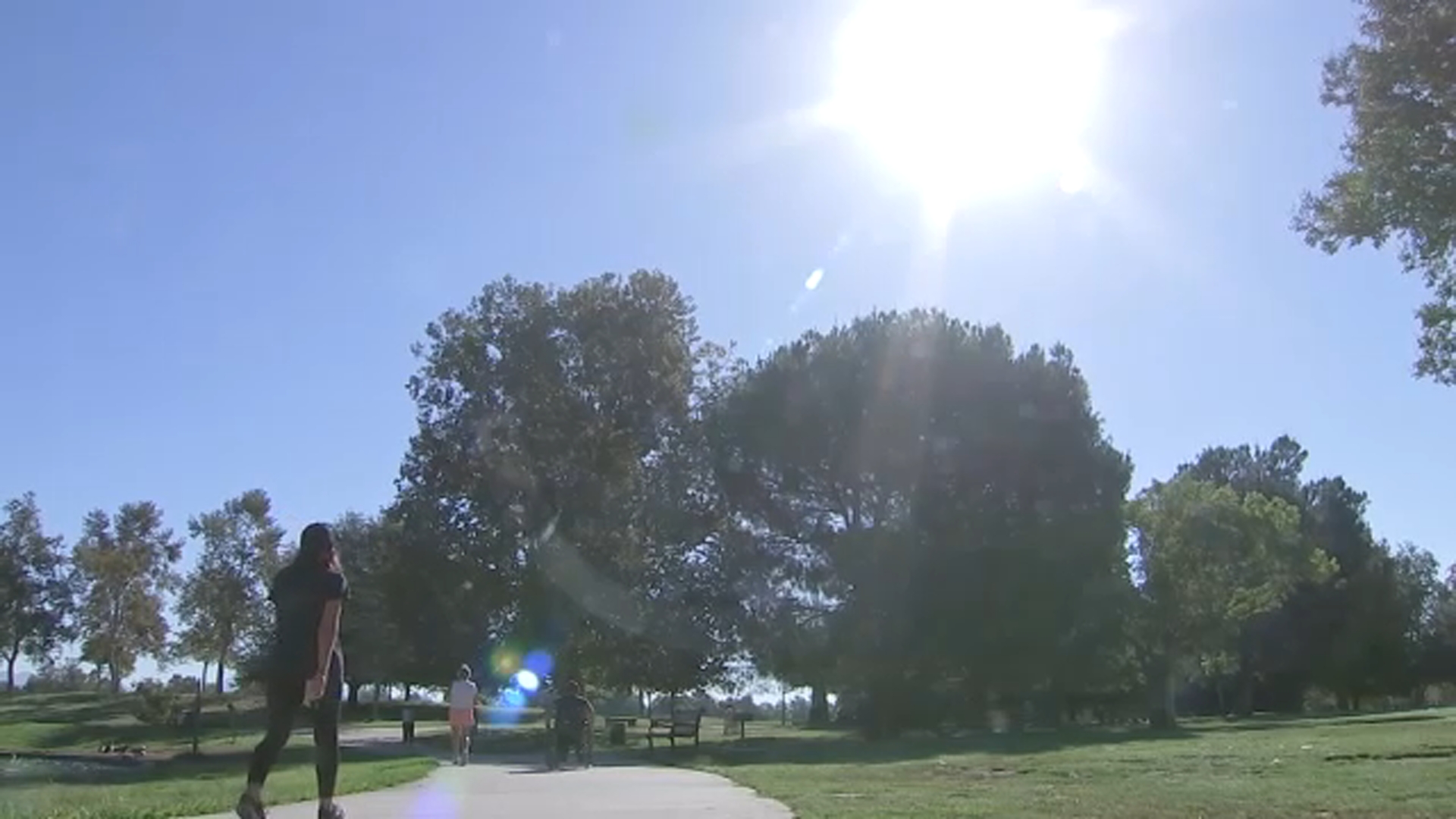Stanford study explores how dams, reservoirs could benefit global food supply
They focused on what's known as storage fed irrigation, which they estimated could help feed more than a billion people worldwide.
STANFORD, Calif. (KGO) -- Dams and reservoirs help supply drinking water and hydroelectric power to nations around the world. But that water is also critical to another life and death calculation now, in the future, and our available global food supply. Enter Stanford researcher Rafael Schmitt, and his colleagues at Stanford's Doerr School of Sustainability and the Stanford Natural Capital Project, who set out to measure the relationship between dams and food security.
"So basically, the purpose of the study was to understand how much water storage is required to feed future agriculture, and to produce food from the agriculture that the world urgently needs," Schmitt explained.
They focused on what's known as storage fed irrigation, which they estimate could help feed more than a billion people worldwide at maximum capacity. That includes new dams that are proposed for construction in countries that face food insecurity.
MORE: Stanford researchers use airborne technology to spot groundwater recharge sites
"And having more storage in those basins would be absolutely critical, because it could drive an enormous increase in food production," he added.
But the researchers also acknowledge the significant environmental damage that dams can do to river basins, plus the enormous strain already taxing systems in drought ravaged areas of the West. They recommend expanding alternatives like micro-storage ponds and recharging underground aquifers during storm seasons, even using treated wastewater.
Lorenzo Rosa is a researcher with the Carnegie Institution for Sciences as well as Stanford.
He also points to ways we could be more efficient with the water we do use from reservoirs, by expanding technologies like sprinkler and drip irrigation systems to replace older methods.
VIDEO: Spaceship-sized detection system could help determine future of CA water supply, where to store it

"Because we have leaks along this, the transport and all of water. And then we have inefficient irrigation systems like surface irrigation, where we flood the field with water, like rice fields. So if we increase the efficiency in irrigation, obviously, we also reduce the storage we need that for irrigation," Rosa said.
And while the challenges are significant, researchers believe increasing water storage will become even more critical worldwide in the face of climate change.
"The solution to that cannot be to just create more dams and reservoirs. Because I think we need a strategic reevaluation of how existing reservoirs are used. But we also need to think about alternative solution," Schmitt said.
The Stanford teams believes if properly managed, the world's reservoirs could store more than half of the water needed to irrigate crops without impacting their other uses.
If you're on the ABC7 News app, click here to watch live












